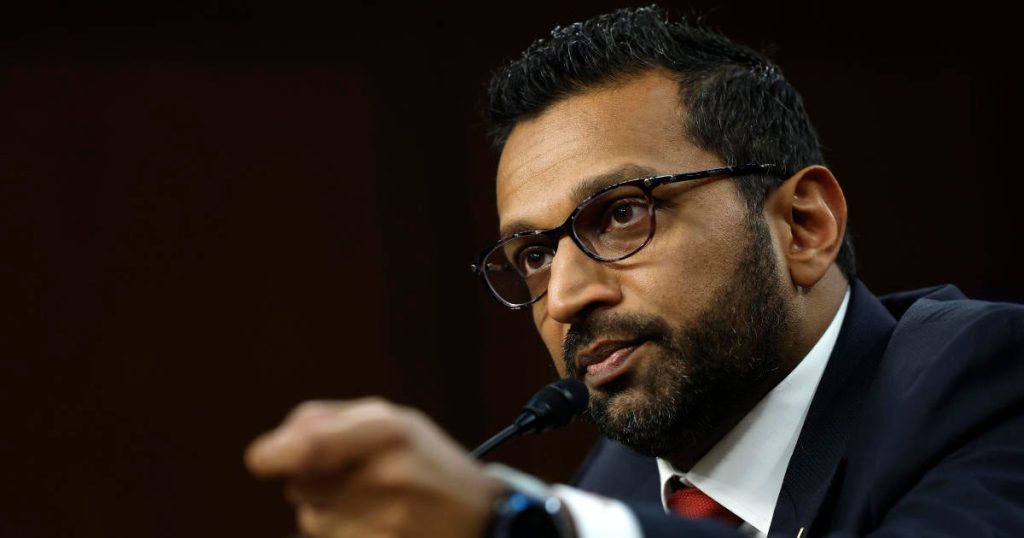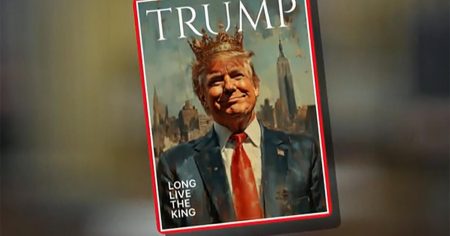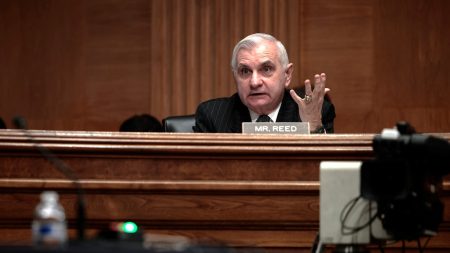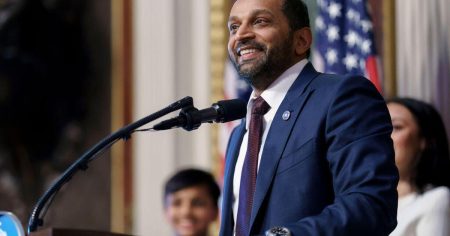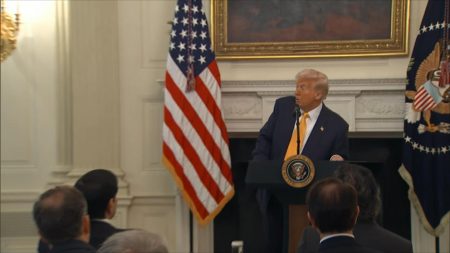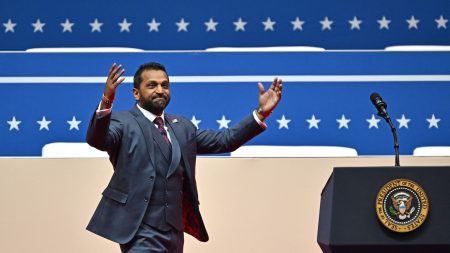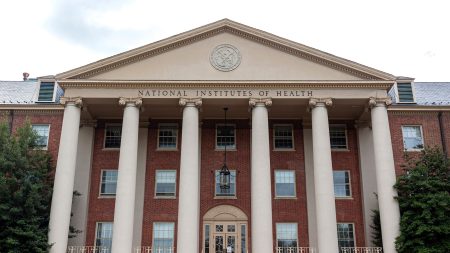Kash Patel’s Nomination and the Allegations of Deception
The nomination of Kash Patel as FBI Director by President Trump has sparked significant controversy, particularly following allegations by Senator Dick Durbin that Patel lied under oath during his confirmation hearing. Patel, a former associate of Trump, stands accused of orchestrating a purge within the FBI, despite not yet being confirmed. This situation raises critical questions about honesty, political influence, and the independence of the FBI. The implications are profound, as the FBI’s integrity is a cornerstone of American democracy.
Allegations of Secret Firings and Political Pressure
Senator Durbin’s accusations outline a detailed scheme wherein Patel allegedly directed firings and pressured officials to expedite the removal of targeted employees. Despite Patel’s denial of any involvement, sources suggest he collaborated with figures like Stephen Miller and Emil Bove. A list of officials marked for removal, discussed in high-level meetings, suggests a coordinated effort. These actions, if true, indicate a serious breach of accountability, as Patel has not yet assumed office. Such unchecked influence undermines the FBI’s autonomy and raises concerns about political manipulation.
Controversies Surrounding Patel’s Confirmation
Patel’s confirmation process has been fraught with adversity, including scrutiny over his past actions, such as his involvement in a hostage rescue mission and his vocal support for the "J6 Prison Choir." His promotion of a "deep state" list and refusal to acknowledge Trump’s 2020 election loss have also drawn criticism. These issues have led to questions about his suitability and impartiality, essential qualities for an FBI Director. His judgment and ability to lead without bias are under intense examination.
Democratic Opposition and Delayed Vote
Democratic lawmakers have vigorously opposed Patel’s nomination, citing inconsistencies in his testimony and his inflammatory remarks. A letter signed by 30 legislators urged the Senate Judiciary Committee to halt his advancement, leading to a postponement of the confirmation vote. This opposition reflects deep concerns about his fitness for the role and the potential erosion of the FBI’s independence under his leadership.
Republican Defense and Partisan Divide
While Democrats voice their concerns, Republican leaders, notably Senator Grassley, have dismissed the allegations as mere hearsay, emphasizing Patel’s credibility and character. This partisan divide highlights the polarized political landscape, with supporters viewing the accusations as politically motivated attacks. The debate underscores the broader struggle for control in the Senate and the judiciary.
Conclusion: Implications and Future of the FBI
The standoff over Patel’s nomination reflects a critical moment in American governance, with concerns about political influence and the integrity of the FBI. If the allegations are substantiated, the consequences could be severe, affecting not only Patel’s career but also the bureau’s credibility. As the nation observes this unfolding drama, the future of the FBI and its independence hang in the balance. The outcome will significantly impact the balance of power and the principles of justice in the United States.





